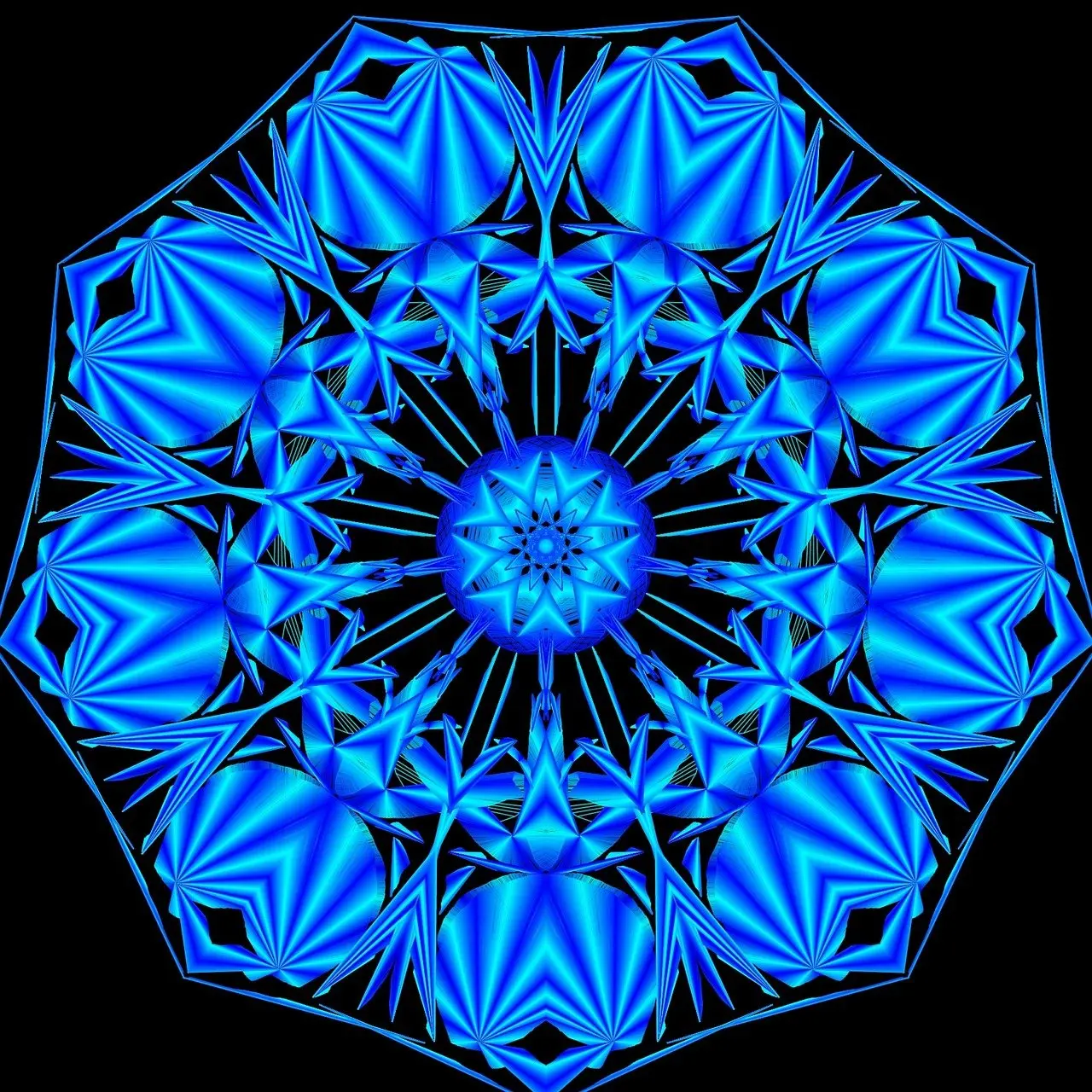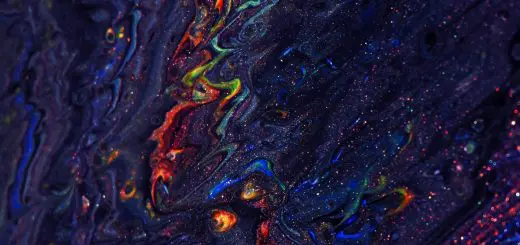The Giants of Ireland: Fomorian and Fir Bolg

Looking for more amazing products? Check out our online store and explore our collection here! Happy shopping!
Before diving in, please note: This post is for informational purposes only. If you’d like to know more about how we approach topics, feel free to check out our friendly Disclaimer Page.
Hey there, amazing readers! 
We’re committed to delivering quality posts, and your support (even just sticking around despite the ads) means everything to us. So, bear with us, and thanks for helping us keep the good vibes rolling. Now, on to the fun stuff!
TRANSLATE BUTTON AT THE END OF THE ARTICLE
The Giants of Ireland: Fomorian and Fir Bolg
Overview
Irish mythology is rich with tales of supernatural beings and legendary creatures, and two prominent groups of giants that feature prominently in these stories are the Fomorians and the Fir Bolg.
These giants play significant roles in Irish folklore, often depicted as powerful and enigmatic beings.
This article will delve into the origins, characteristics, and historical accounts of both the Fomorians and the Fir Bolg, exploring their similarities, differences, and the impact they had on Irish mythology and history.
Introduction to Irish Mythology
Irish mythology is a complex tapestry of stories and legends that have been passed down through generations.
It is deeply rooted in the country’s ancient Celtic heritage and blends elements of folklore, religion, and history.
The mythology often revolves around gods, heroes, supernatural beings, and giants, with the Fomorians and Fir Bolg being two notable groups of giants that feature prominently in these tales.
Mythological Origins of Fomorian and Fir Bolg
The origins of the Fomorians and the Fir Bolg are shrouded in myth and legend.
According to Irish mythology, the Fomorians were descendants of Noah’s son, Ham, and were believed to have arrived in Ireland from distant lands.
They were often portrayed as monstrous and deformed, with features such as a single eye, one arm, or one leg.
On the other hand, the Fir Bolg were said to be descendants of the Nemedians, another group of ancient settlers in Ireland.
Describing the Fomorian Giants
The Fomorians were often depicted as formidable giants, with immense strength and supernatural powers.
They were known for their skills in magic and sorcery, which they used to exert control over the land and its inhabitants.
Physically, the Fomorians were often described as grotesque, with mismatched limbs and monstrous appearances.
They were seen as a chaotic force, representing the destructive power of nature and the constant struggle between order and chaos.
Key Traits and Characteristics of the Fir Bolg
In contrast to the Fomorians, the Fir Bolg were portrayed as a more civilized and organized group of giants.
They were skilled in craftsmanship, particularly in metalworking, and were known for their agricultural practices.
The Fir Bolg were believed to have a hierarchical society, with kings and nobles ruling over the common people.
They valued justice and fairness, and their society was seen as more structured compared to the tumultuous nature of the Fomorians.
Historical Accounts and Legends Involving the Fomorians
The Fomorians appear in several historical accounts and legends throughout Irish mythology.
One of the most famous tales involving the Fomorians is the Second Battle of Maigh Tuireadh.
In this battle, the Fomorians fought against the Tuatha Dé Danann, another mythical group in Irish mythology.
The Fomorians were ultimately defeated, symbolizing the triumph of the Tuatha Dé Danann and the transition from the old order to the new.
The Fir Bolg’s Role in Irish Mythology and History
The Fir Bolg also play a significant role in Irish mythology and history.
According to myth, they arrived in Ireland after the defeat of the Fomorians and became the dominant group for a period of time.
However, their reign was eventually challenged by the arrival of the Tuatha Dé Danann.
The Fir Bolg were forced to abdicate their power and yield to the Tuatha Dé Danann, marking another shift in power within Irish mythology.
Conflicts and Interactions Between the Fomorians and Fir Bolg
The Fomorians and the Fir Bolg had various interactions and conflicts throughout Irish mythology.
While the exact nature of their relationship is debated, it is clear that they were not allies.
In some accounts, the Fomorians are depicted as oppressors, often subjugating the Fir Bolg and other inhabitants of Ireland.
This antagonistic relationship sets the stage for later conflicts between the Fomorians and other mythological groups.
Fomorian and Fir Bolg: Similarities and Differences
Although the Fomorians and the Fir Bolg are both groups of giants in Irish mythology, they possess distinct differences in their characteristics and roles.
The Fomorians are often associated with chaos, disorder, and the destructive forces of nature, while the Fir Bolg are portrayed as more civilized and structured.
Furthermore, the Fomorians are depicted as monstrous beings with deformities, while the Fir Bolg are described as more human-like, albeit giant in size.
Legacy and Influence of the Fomorian Giants
The legacy of the Fomorians can be seen in their lasting impact on Irish mythology and folklore.
They are often portrayed as ancient and powerful beings, representing the forces of chaos and primal nature.
Their defeat at the hands of the Tuatha Dé Danann marked a significant turning point in Irish mythology, symbolizing the triumph of order over chaos.
The Fomorians continue to be a source of fascination and inspiration in modern Irish culture and literature.
Fir Bolg’s Significance in Celtic Folklore
The Fir Bolg, too, have left their mark on Irish mythology and folklore.
Their story represents the ebb and flow of power within the mythological landscape of Ireland.
Their defeat by the Tuatha Dé Danann serves as a reminder of the impermanence of power and the inevitability of change.
The Fir Bolg’s association with craftsmanship and agricultural practices also highlights the importance of these skills and their contributions to Irish society.
Discovering the Giants: Archaeological and Historical Evidence
While the existence of the Fomorians and the Fir Bolg as actual historical beings is uncertain, some archaeological evidence suggests that ancient giants may have been part of Irish folklore.
Ancient burial mounds and megalithic structures have been found throughout Ireland, hinting at a rich and complex ancient society.
These archaeological findings provide glimpses into the possible origins and influences behind the legends of the Fomorians and the Fir Bolg.
Conclusion
The giants of Ireland, the Fomorians and the Fir Bolg, are integral parts of Irish mythology and folklore.
They represent powerful and enigmatic beings, each with their own distinctive traits and characteristics.
The Fomorians embody chaos and primal nature, while the Fir Bolg symbolize structure and civilization.
Their conflicts and interactions with other mythological groups add depth and complexity to Irish mythology.
While the exact origins and existence of the Fomorians and the Fir Bolg remain uncertain, their legacy and influence on Irish culture and folklore endure to this day.

The Enlightenment Journey is a remarkable collection of writings authored by a distinguished group of experts in the fields of spirituality, new age, and esoteric knowledge.
This anthology features a diverse assembly of well-experienced authors who bring their profound insights and credible perspectives to the forefront.
Each contributor possesses a wealth of knowledge and wisdom, making them authorities in their respective domains.
Together, they offer readers a transformative journey into the realms of spiritual growth, self-discovery, and esoteric enlightenment.
The Enlightenment Journey is a testament to the collective expertise of these luminaries, providing readers with a rich tapestry of ideas and information to illuminate their spiritual path.
Our Diverse Expertise
While our primary focus is on spirituality and esotericism, we are equally passionate about exploring a wide range of other topics and niches 

To ensure we provide the most accurate and valuable insights, we collaborate with trusted experts in their respective domains 
Our blog originally focused on spirituality and metaphysics, but we’ve since expanded to cover a wide range of niches. Don’t worry—we continue to publish a lot of articles on spirituality! Frequently visit our blog to explore our diverse content and stay tuned for more insightful reads.
Hey there, amazing reader! 
Check out our store here and take a peek at some of our featured products below! Thanks for being awesome!













